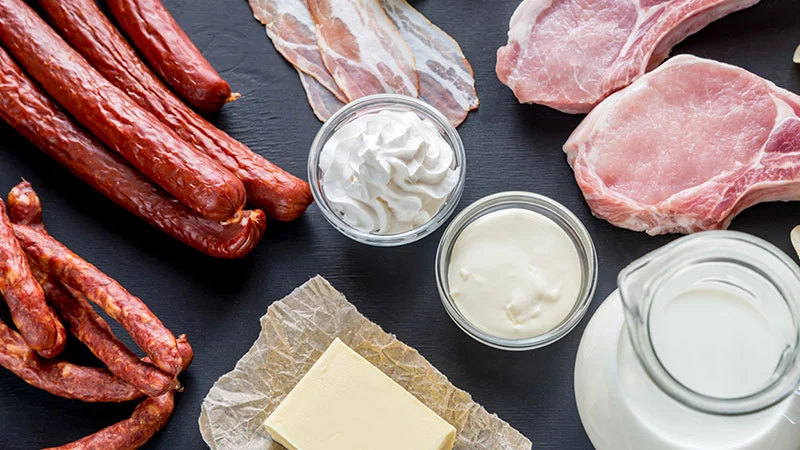Calls for Ukraine
Calls for Europe
Calls for USA

Pancreatic cancer is one of the deadliest forms of cancer, with 87% of patients dying from it within five years. Previous studies have shown that obesity can increase the risk of developing pancreatic cancer by about 50%. In a new study at the University of California, Davis, scientists demonstrated that switching from a high-fat diet to a low-fat diet slowed the development of pancreatic precancer in mice, even after weight gain and precancerous changes begin. The study was published in the Journal of Nutrition.
“This study shows that controlling excess body weight is very important. The results of this study confirm that it is never too late to make dietary changes and still have a significant impact on cancer development.”
Gerardo Mackenzie, author, professor and chair of the Department of Nutrition at the University of California at Davis
Intervention through diet and nutrition
The study used a mouse model to mimic the development of pancreatic cancer. The mice were fed either a high-fat diet or a low-fat diet for 21 weeks. A third group was fed a high-fat diet for the first eight weeks and then switched to a low-fat diet for 13 weeks. The mice that remained on the high-fat diet gained more weight and showed early signs of cancer in the pancreas. The mice who changed their diet had their weight return to healthy levels and avoided accelerating precancerous changes in the pancreas.
The researchers also observed changes in the gut microbiome, gene expression and intercellular communication – factors known to affect cancer risk – that appeared to normalize after the diet change.
“I think that lifestyle changes, such as changing your diet, have great potential to really change what’s going on at the cellular level,” said study co-author Joanna Wirkus, a doctoral student in the Department of Nutrition.
As a registered dietitian, Wirkus noted that she knows it’s not easy to stick to a weight loss diet and maintain the weight achieved.
“With the right support, it is possible to manage your weight,” she said. “I would advise people to know that diet is a really powerful tool to improve overall health.
Focus on fats, not sugar
The study used a high-fat, low-sugar diet – intentionally separating the effects of fat from the effects of sugar, which are often combined in Western diets. This allowed the researchers to more clearly identify how fat in the diet itself contributes to obesity and cancer risk.
Previous studies on animal models have often used diets high in fat and sugar. But when scientists tried using a moderate-fat, sugar-free diet, the mice were not obese.
While the findings are encouraging, Virkus is careful to note that this is a preclinical study in mice, not a cure for humans.
“It’s very difficult to study the risk of developing early pancreatic cancer in humans. You can’t just take a biopsy of a healthy pancreas,” she says. – That’s why these models are so important.”
Please rate the work of MedTour
